 As with most everything, timing is often key to unlocking substantial savings, especially when it comes to refinancing your loans. Whether you’re eyeing a lower interest rate, aiming to shorten your loan term, or simply seeking to tap into equity, strategic timing can significantly impact your financial outcomes. It is vital for a loan originator to empower the borrower with the knowledge of when to refinance.
As with most everything, timing is often key to unlocking substantial savings, especially when it comes to refinancing your loans. Whether you’re eyeing a lower interest rate, aiming to shorten your loan term, or simply seeking to tap into equity, strategic timing can significantly impact your financial outcomes. It is vital for a loan originator to empower the borrower with the knowledge of when to refinance.
1. Monitor Interest Rate Trends
Interest rates are the cornerstone of refinancing decisions. Keep a vigilant eye on the market trends and economic indicators that influence interest rates, such as inflation rates, unemployment data, and central bank policies. When rates dip significantly below your current mortgage rate or the rate you originally locked in, it might be an opportune time to refinance.
2. Calculate Your Break-Even Point
Before diving into refinancing, calculate your break-even point—the moment when the savings from your new loan offset the costs of refinancing. Consider factors like closing costs, loan origination fees, and prepayment penalties. If you plan to stay in your home beyond the break-even point, refinancing could yield substantial long-term savings.
3. Assess Your Credit Score
Your credit score plays a pivotal role in securing favorable refinancing terms. Before refinancing, take proactive steps to improve your credit score by paying bills on time, reducing outstanding debts, and correcting any errors in your credit report. A higher credit score often translates to lower interest rates and better loan offers.
4. Factor in Life Changes
Life events such as marriage, divorce, job changes, or fluctuations in income can impact your refinancing strategy. Assess how these changes may affect your ability to qualify for a loan and your long-term financial goals. Refinancing during periods of stability can help streamline the process and optimize your savings.
5. Leverage Equity Wisely
If you’ve built significant equity in your home, consider tapping into it strategically through cash-out refinancing. Whether for home improvements, debt consolidation, or investment opportunities, leveraging your equity can enhance your financial flexibility. However, exercise caution and ensure that the benefits outweigh the risks.
6. Stay Informed About Regulations
Regulations governing mortgage lending and refinancing practices are subject to change. Stay abreast of regulatory updates and policy changes that may impact your refinancing options. Consulting with a knowledgeable loan originator can help you navigate complex regulatory landscapes and make informed decisions.
7. Consult with a Financial Advisor
Navigating the complexities of refinancing can be overwhelming. Seek guidance from a qualified financial advisor or loan originator who can assess your unique financial situation, evaluate refinancing options, and tailor a strategy that aligns with your objectives. Their expertise can provide invaluable insights and help you optimize your savings potential.
Timing refinancing to maximize savings requires careful consideration of market dynamics, personal financial goals, and regulatory landscapes. By staying informed, calculating your break-even point, and leveraging expert advice, you can unlock substantial savings and propel your financial journey forward. Remember, the key to successful refinancing lies in strategic timing and informed decision-making.
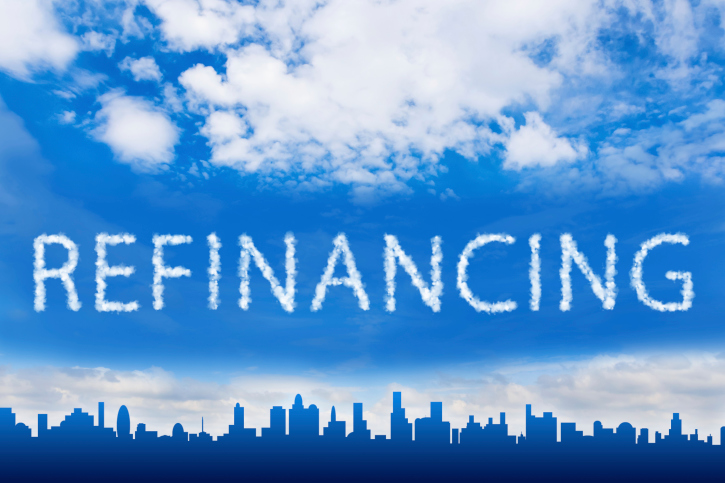 Managing multiple debts can become overwhelming and burdensome. Juggling various loan payments with varying interest rates and repayment terms can lead to financial stress and missed opportunities. One solution that borrowers often consider is consolidating their debts through a mortgage refinance loan. While this approach can be beneficial for some, it’s crucial to carefully evaluate its pros and cons before deciding.
Managing multiple debts can become overwhelming and burdensome. Juggling various loan payments with varying interest rates and repayment terms can lead to financial stress and missed opportunities. One solution that borrowers often consider is consolidating their debts through a mortgage refinance loan. While this approach can be beneficial for some, it’s crucial to carefully evaluate its pros and cons before deciding. The purchase and refinance mortgage processes are similar in many ways, but there are also some important differences. Here is a general overview of how each process typically works:
The purchase and refinance mortgage processes are similar in many ways, but there are also some important differences. Here is a general overview of how each process typically works: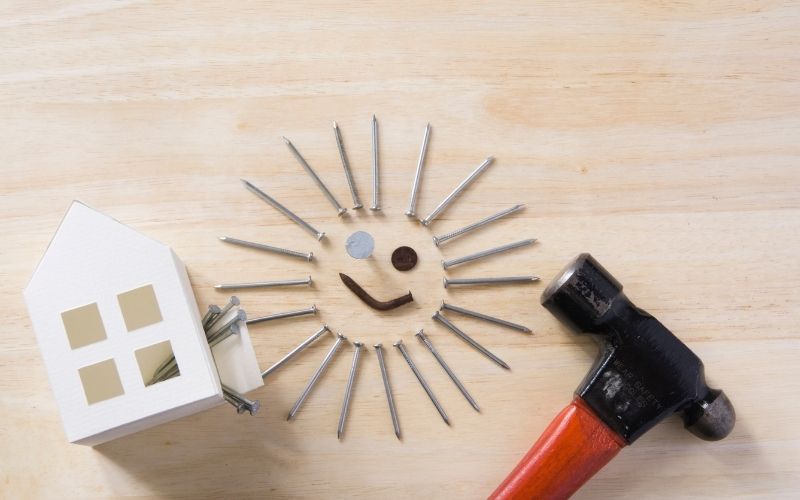
 As interest rates fluctuate, you might think about refinancing your mortgage. This is the cost of taking out a new home loan to replace the one you currently have. If you get a significantly lower interest rate, you could save tens of thousands of dollars over the life of the mortgage. On the other hand, you need to think about potential expenses you might incur during the refinancing process. Because you are taking out another home loan, you may need to pay closing costs a second time. What are some of the most common expenses you might have to pay?
As interest rates fluctuate, you might think about refinancing your mortgage. This is the cost of taking out a new home loan to replace the one you currently have. If you get a significantly lower interest rate, you could save tens of thousands of dollars over the life of the mortgage. On the other hand, you need to think about potential expenses you might incur during the refinancing process. Because you are taking out another home loan, you may need to pay closing costs a second time. What are some of the most common expenses you might have to pay?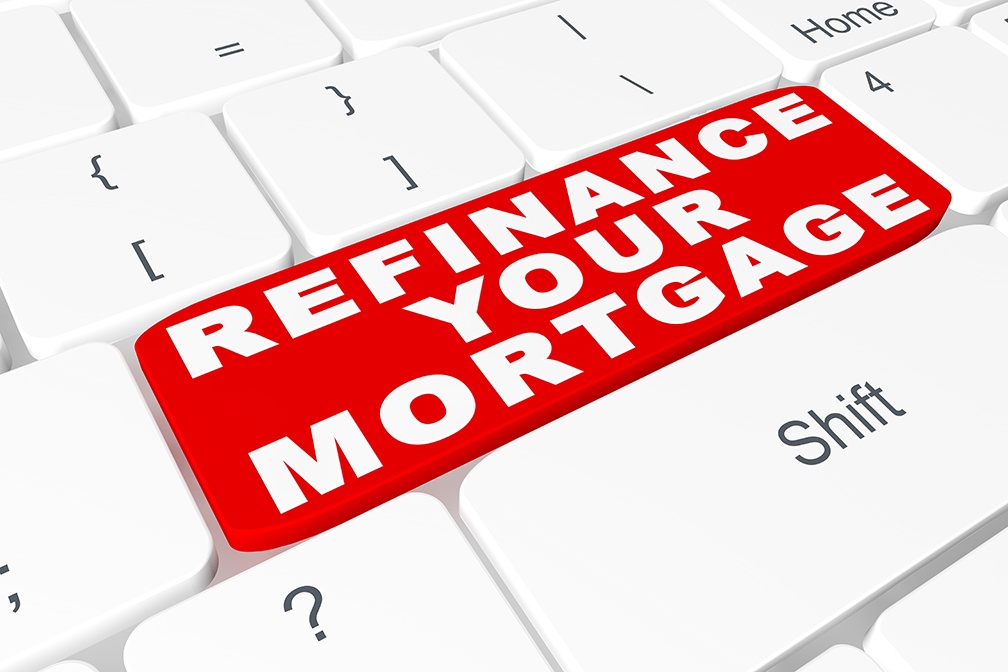 You might have heard that more people are refinancing these days. During the refinancing process, you essentially take your current home loan and replace it with a different one. You can reduce your mortgage payments, shorten the life of your loan, or withdraw cash you can use for other purposes. What are a few of the signs that indicate you should consider refinancing?
You might have heard that more people are refinancing these days. During the refinancing process, you essentially take your current home loan and replace it with a different one. You can reduce your mortgage payments, shorten the life of your loan, or withdraw cash you can use for other purposes. What are a few of the signs that indicate you should consider refinancing? 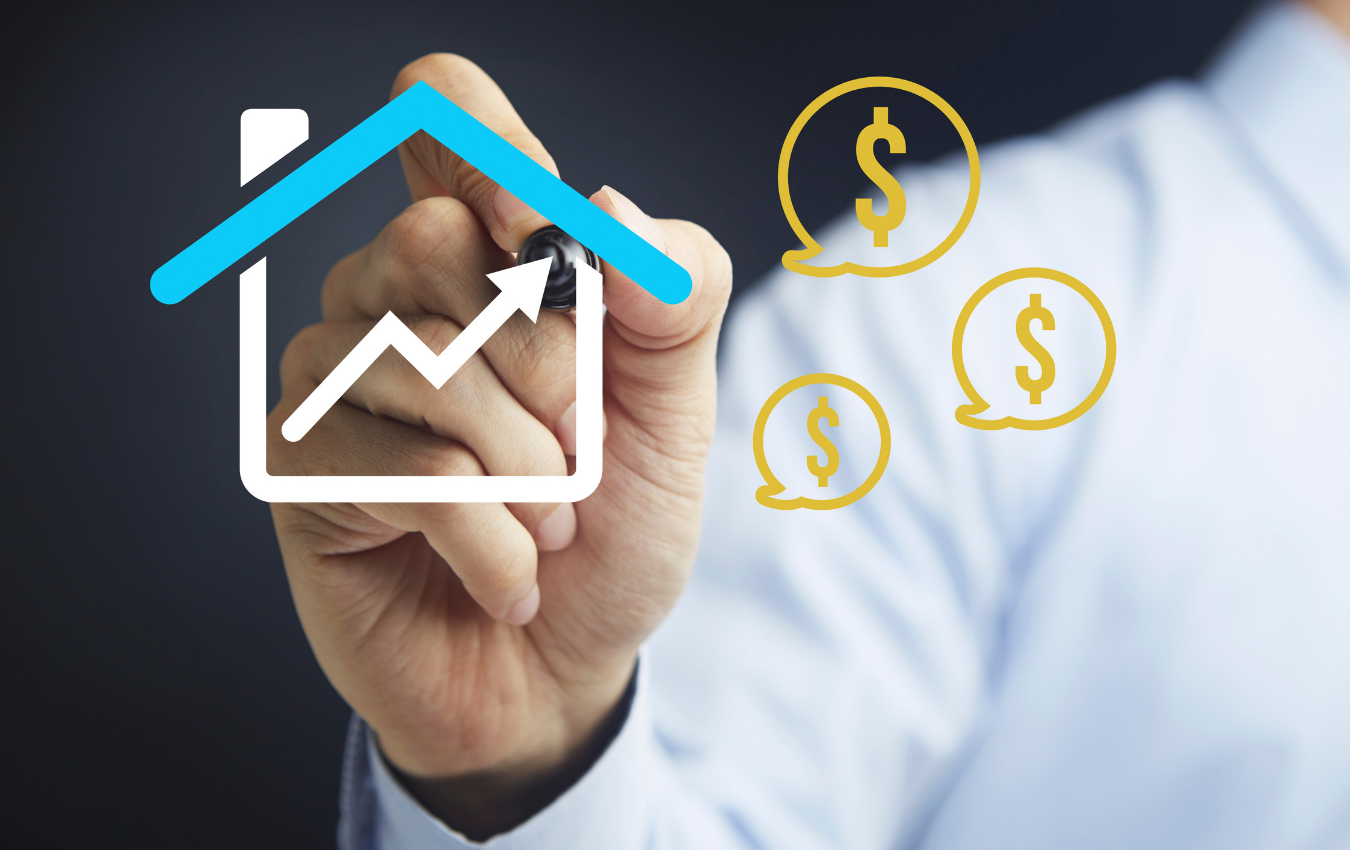 There are many people who are thinking about refinancing their homes. For example, some people may be interested in reducing their monthly payments, while other people may be interested in tapping into the value of the home to fund a home improvement project. What is the relationship between property values and refinancing? There are several important points to keep in mind.
There are many people who are thinking about refinancing their homes. For example, some people may be interested in reducing their monthly payments, while other people may be interested in tapping into the value of the home to fund a home improvement project. What is the relationship between property values and refinancing? There are several important points to keep in mind.  There are a lot of people who are wondering if now is the right time to move or refinance their current home loan. With interest rates still favorable, a lot of homeowners have the potential to save a lot of money if they are able to secure a home loan with a lower interest rate. There are two ways homeowners can secure a home loan with a lower interest rate. The first is to refinance. The second is to move. Which option is better? There are a few key points to keep in mind.
There are a lot of people who are wondering if now is the right time to move or refinance their current home loan. With interest rates still favorable, a lot of homeowners have the potential to save a lot of money if they are able to secure a home loan with a lower interest rate. There are two ways homeowners can secure a home loan with a lower interest rate. The first is to refinance. The second is to move. Which option is better? There are a few key points to keep in mind.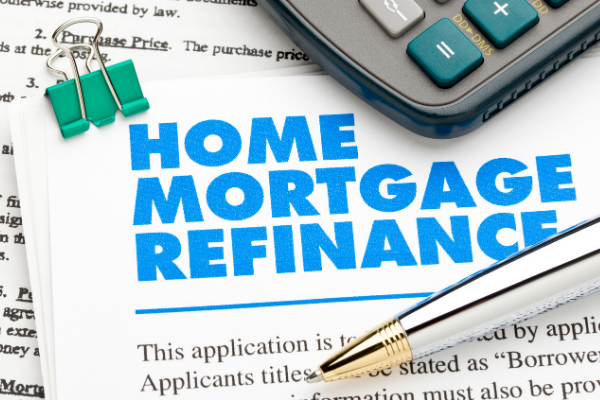 In 2019 many people expected that the home lending market was going to eventually grow more expensive. Instead, 2020 spent its entire 12 months becoming more affordable when it came to financing a personal home, moving in the opposite direction of what was expected. Not only did the loan cost drop break previous records, but it also presented an additional opportunity for homeowners to reposition and take advantage of lower borrowing costs again.
In 2019 many people expected that the home lending market was going to eventually grow more expensive. Instead, 2020 spent its entire 12 months becoming more affordable when it came to financing a personal home, moving in the opposite direction of what was expected. Not only did the loan cost drop break previous records, but it also presented an additional opportunity for homeowners to reposition and take advantage of lower borrowing costs again.